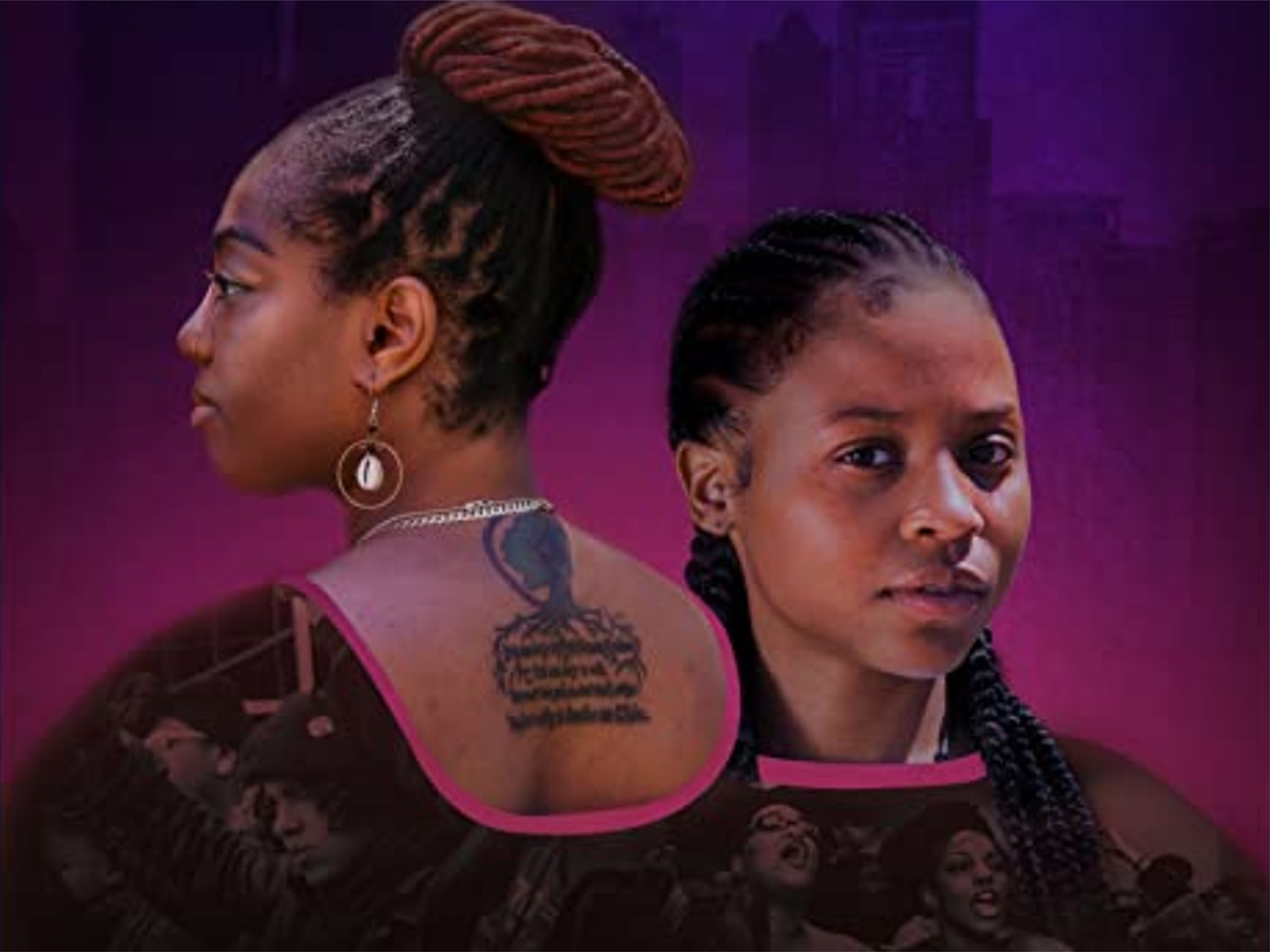
- Film
Docs: Unapologetic (2020)
The passionate subjects are the stars of director Ashley O’Shay’s Unapologetic, a thought-provoking new documentary opening on August 27 in New York City and Toronto, and September 3 in Los Angeles. If its loose structure renders this timely look at the movement for Black lives and dignity something of a sermon to the choir, the film possesses at least one attribute which marks it as a worthwhile offering of nonfiction advocacy for those interested in current events and public affairs: a hardwired connection to the unswerving, electric moral certitude of youth.
O’Shay’s Chicago-set directorial debut, which premiered at the BlackStar Film Festival in Philadelphia, and enjoyed a robust festival run including presentations at Outfest, DOC NYC, Frameline, and more, unfolds in the wake of years-long protests over the March 2012 murder of Rekia Boyd and the October 2014 murder of Laquan McDonald – the former shot by an off-duty police officer, the latter (16 times) by an on-duty patrolman. If the names sound less familiar than Trayvon Martin, Eric Garner, or Michael Brown, the circumstances are sadly familiar: a broken system closing ranks to protect the status quo, and people in power finding and exploiting loopholes in an attempt to delay or avoid accountability altogether. Against this backdrop, millennial community organizers adopt increasingly pointed tactics to challenge an administration – including Chicago Mayor Rahm Emanuel, Cook County State’s Attorney Anita Alvarez, and then-President of the Chicago Police Board (and current mayor) Lori Lightfoot – they view as complicit in state violence against its own residents.
Unapologetic aims to center the work of the Black Youth Project 100, an organization comprised of 18- to 35-year-old activists who view their social justice work primarily through a feminist, bisexual, and queer lens. And at the heart of its telling are two activist subjects: Janaé Bonsu, a South Carolina-born doctoral studies candidate whose dissertation examines the relationship between interpersonal and state violence; and Ambrell Gambrell, a wildly charismatic rap evangelist with a piercing smile who adopts the stage name Bella BAHHS (an acronym for Black Ancestors Here Healing Society) for recording socially-driven hip-hop. While the group’s work on ending oppressive systems of anti-blackness leans into the intersectionality of a wide variety of issues, it also tackles head-on the debate over both unconscious gender bias and more pronounced chauvinism within other broader movements for social change.
O’Shay and editor Rubin Daniels, Jr. struggle a bit to bring form and racked focus to their film. It’s 30 minutes in before Unapologetic really gets into BYP 100, and there isn’t always the strongest chronological throughline to the movie. O’Shay clearly, and understandably, wants chiefly to amplify the voices of those pushing for change, and not those resisting them. But just a bit more time and effort spent establishing BYP 100’s macro vision, and threading in some of the various consequences eventually visited upon Emanuel, Alvarez, and some in the Chicago Police Department would actually show the tangible impact of their work.
Effectively counterbalancing this somewhat muddled telling is the fact that O’Shay simply has two fantastically interesting and sympathetic leads. Meaningful portions of the movie further sketch out their personal histories, lending further weight to the entire affair. Bonsu returns home, where her mother talks about identifying later in life as queer; Gambrell, who performs at and helps lead many rallies, talks about her music as well as her connection to the “Disincarceration” movement, having had parents who were both incarcerated when she was three months old, and a brother currently in prison.
What Unapologetic also illustrates is both the wearing of multiple hats and the higher plane of restraint that American society often requires of Black women. Late in the movie, each faces different but very stressful situations – Bonsu in defending her dissertation, and Gambrell both applying for a fully-funded one-year activism grant and retaining her cool when antagonized at a march by a police officer. The commingled weariness and inherent resolve they each naturally express reflect their own personalities, yes. But it also speaks to something greater – the desire of all marginalized groups to be accepted as equals in American society and have the country’s actions strive to match the lofty rhetoric of its ideals.
Individually and collectively, the voices on display in Unapologetic are fervent, loud champions of what they know to be right. There is a moral clarity to their energy and vision that is bracing. They serve to remind older generations that the societal turbulence of this moment in time is a reflection, at least in part, of past failures to adequately confront systemic inequalities.